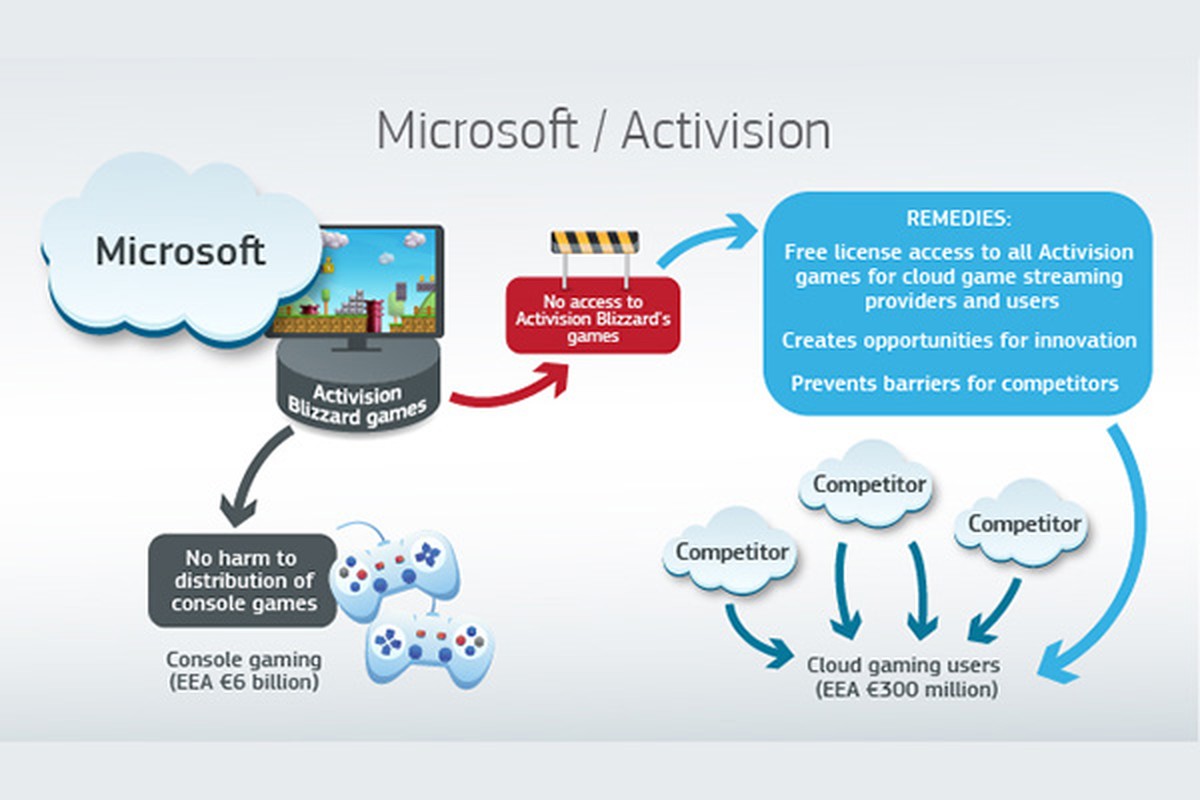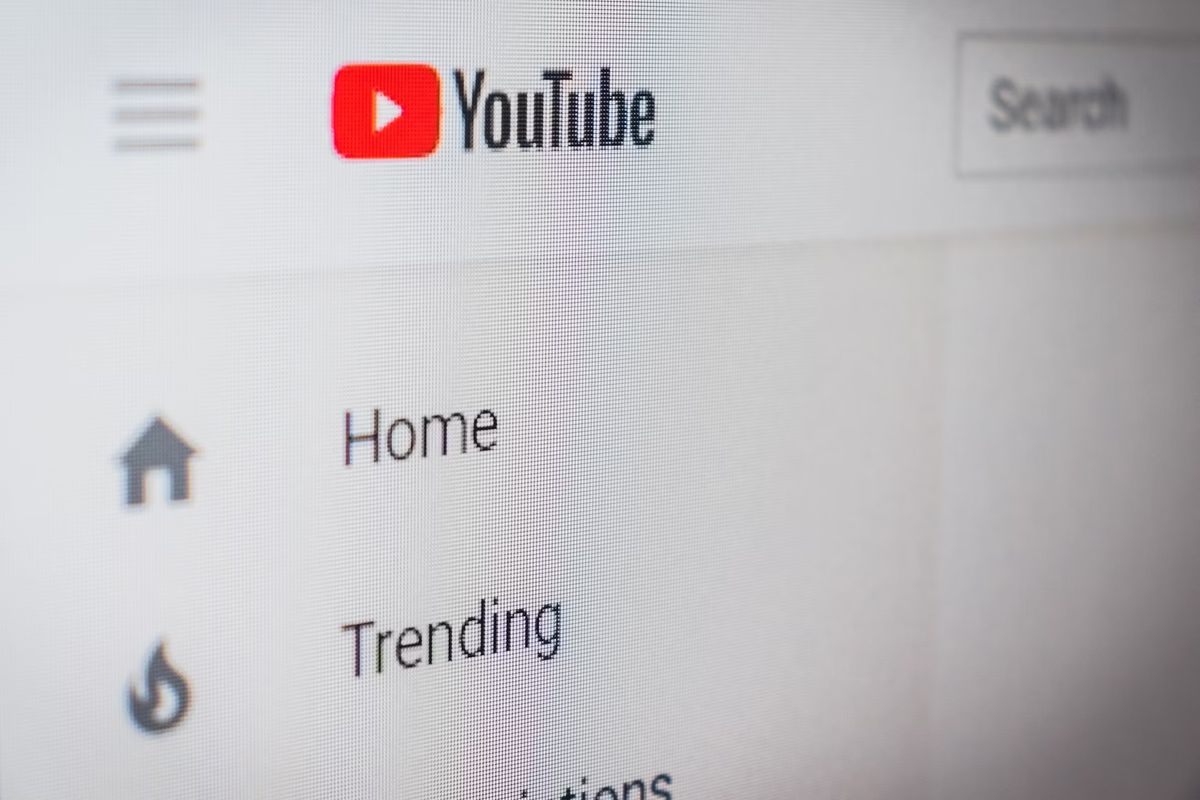European Commission approves Microsoft's acquisition of Activision

In a significant development for the gaming industry, the European Commission (EC) has given its approval to Microsoft's ambitious $68.7 billion bid to acquire gaming giant Activision. This decision comes after the United Kingdom became the first jurisdiction to block the deal, while the Federal Trade Commission (FTC) in the United States has taken legal action to impede the acquisition. With concerns about reduced competition in the console and PC video game market, the EC had set a deadline of April 25th to announce its decision but extended it to evaluate additional remedies and commitments from Microsoft. The deal has now been officially approved, with the EC's final report stating that the endorsement is "conditional on full compliance with the commitments offered by Microsoft".
Microsoft's bid for Activision, proposed in January of last year, aimed to combine Microsoft's distribution power in the console and PC gaming sectors with one of the world's largest third-party game publishers. Activision, is known for blockbuster franchises like Call of Duty and World of Warcraft, would position Microsoft as the third-largest gaming company worldwide in terms of revenue, trailing only Tencent and Sony. However, antitrust concerns arose, centered around the potential for Microsoft to have excessive control over game distribution, leading to the possibility of withholding popular gaming titles from rival platforms or creating an inferior gaming experience to encourage users to switch to Microsoft's ecosystem.
See the EC's call on the acquisition here.
EC's evaluation and concerns
Europe had been contemplating an in-depth investigation into the deal for some time, expressing worries about reduced competition in both the console and PC video game markets. The EC had concerns that the merger could give Microsoft too much control over game distribution, impacting competition and consumer choice.
They were particularly focused on the potential impact of the deal on cloud-based game streaming services, as Microsoft's own service, Game Pass Ultimate, could become the exclusive platform for Activision games. This exclusivity could hinder competition and strengthen Microsoft's already significant market share in the PC gaming realm.

Microsoft's commitment
To address these concerns, Microsoft made several commitments to ensure competition and access to rival platforms. They pledged to allow all consumers within the European Economic Area (EEA) to stream current and future Activision games through any cloud-based game streaming service for the next decade.
Additionally, Microsoft assured that Activision games would continue to be available on rival platforms, including Sony, Nintendo, and Nvidia, for the same period. Despite these commitments, some regulators argued that Microsoft's proposals did not adequately preserve the existing competitive dynamics.
Europe's approval and future oversight
Europe's decision to approve the deal comes after Japan also greenlit the acquisition, but with the clear intention to implement checks on Microsoft's actions in the future. An "independent trustee" will be appointed to monitor Microsoft's compliance with its commitments. This decision marks a significant step forward for Microsoft's gaming ambitions, solidifying its position as a major player in both console and PC gaming.
However, the impact of the acquisition extends beyond Europe, as Microsoft's control over Activision's assets will shape the global gaming landscape and influence the future of console gaming and cloud gaming.
Advertisement


















The predatory company that’s currently stopping at nothing to force their unwanted Edge browser and other products and services onto everyone against their will has totally changed; they are now kind-hearted, completely misunderstood and they just want what’s best for everyone, and above all, to play fair.
It seriously smells like regulators all around the world are being paid lots of money to turn a blind eye. And I wouldn’t be surprised if something like the following is going on behind the scenes either.
https://apnews.com/article/settlement-fake-public-comments-net-neutrality-ae1f69a1f5415d9f77a41f07c3f6c358
After all, that’s not even a rounding error.
Imagine if you needed the state’s permission to acquire someth9on ?
What you are trying to acquire is almost not important as long as the acquisition itself is not immoral..
But the state will decide just what acquisition it can regulate – like drugs